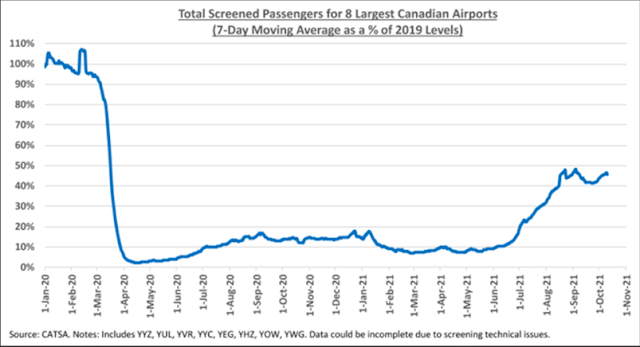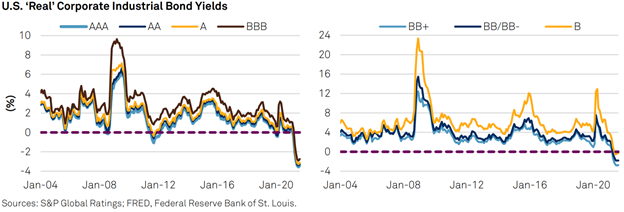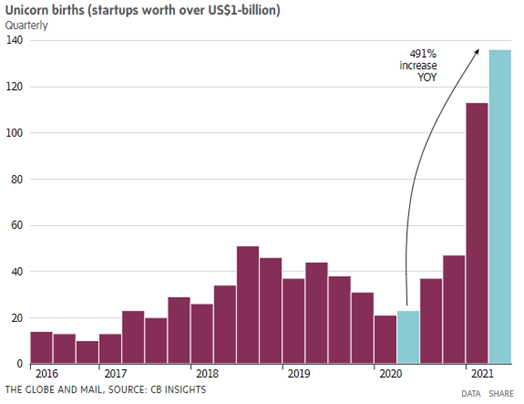This week in Charts
China house prices down on month-to-month for the first time since 2015
China expands property tax trials in next step of ‘common prosperity’ drive
A property tax could alter China’s economic model, reshaping government revenue streams from land sales to taxes and deterring property speculation.
Many tax specialists and economists believe it will help wean local governments off their chronic dependence on selling and leasing public land to developers. This relationship has contributed to widespread property speculation and pushed land and house prices higher in a cycle that many experts believe is unsustainable.
According to research group Capital Economics, an effective tax rate of 0.7 per cent of the total property value would have generated Rmb1.8tn ($282bn) last year in China.
That compares to Rmb1.6tn local governments generated in net revenue from land sales, after paying billions of dollars in land transfer expenses including compensation payments. The tax, and subsequent pressure on prices, could also help dent the appeal of property investment, redirecting private capital towards sectors such as high-tech exports and services that boost domestic consumption, according to its proponents.
Traders Bet Tesla Stock’s Rally Isn’t Over Just Yet
Traders are swarming the market for Tesla Inc. options to bet on a continued stock rally. Almost one out of every two dollars spent in the U.S.-listed options market through Wednesday went to Tesla options, according to Cboe (Chicago Board Options Exchange) Global Markets.
By one measure, activity in Tesla options has surpassed trading in its shares. More than $900 billion in Tesla options have changed hands this week, roughly five times the total for its shares, according to Cboe and FactSet data through Wednesday.
Tesla options have morphed into one of the biggest casinos on Wall Street because the value of bullish call options can rapidly multiply if the stock advances, as it has for much of the past two years. That translates to quicker and bigger profits for traders than if they had just bought the stock.
Call options tied to the shares jumping to $1,100 or $1,200 have been among the most popular trades recently, according to data from Shift Search. On Thursday, calls pegged to the shares advancing to $2,000 were actively traded.
Invitation Homes Boosts Rents 11% as Housing Shortage Persists
Invitation Homes Inc., which owns more than 80,000 single-family rentals, raised prices by nearly 11% in the third quarter, according to a statement. The company boosted rents by 8% on renewals and 18% when leasing homes to new tenants. Rates are rising fastest in the Southwest, where rents increased 30% on new leases in Las Vegas, and 29% in Phoenix.
“It’s a little bit crazy,” Chief Executive Officer Dallas Tanner said on a conference call with investors Thursday. “There just isn’t enough quality housing available right now.”
Rising rents have been a staple of the economy since early Covid lockdowns lifted in the middle of last year. Surging purchase prices have pushed homeownership out of reach for first-time buyers.
Internal vs. External benchmarks
Accomplishments have a cost basis. What you gain or lose is always relative to where you began. And since we all begin at different spots, there’s a range in how people feel when experiencing the same thing.
In his book on the final days of World War II, Stephen Ambrose writes about a wounded American soldier who’s carried back to the medic tent. He knows he’s going home – his war is over. “Clean sheets boys!” he yells back to his comrades still fighting. “Clean sheets, can you believe it! Clean sheets!” Living in foxholes for weeks caused soldiers to daydream about normal life, and few things tickled their imaginations like the dignity of clean sheets. Not money or status or respect or glory. Just the absolute pleasure of clean sheets. It’s an extreme example of when the outside world ceases to exist and everything becomes relative to an internal benchmark.
A lighter version of this happens in business and finance, which are home to so many staggeringly successful people whose lives are broadcast over a staggeringly loud social media system.
“We invested in Upstart 4 days ago and it is up by 25%. What does Upstart Do?”
“I am sorry, you are breaking up…”




















